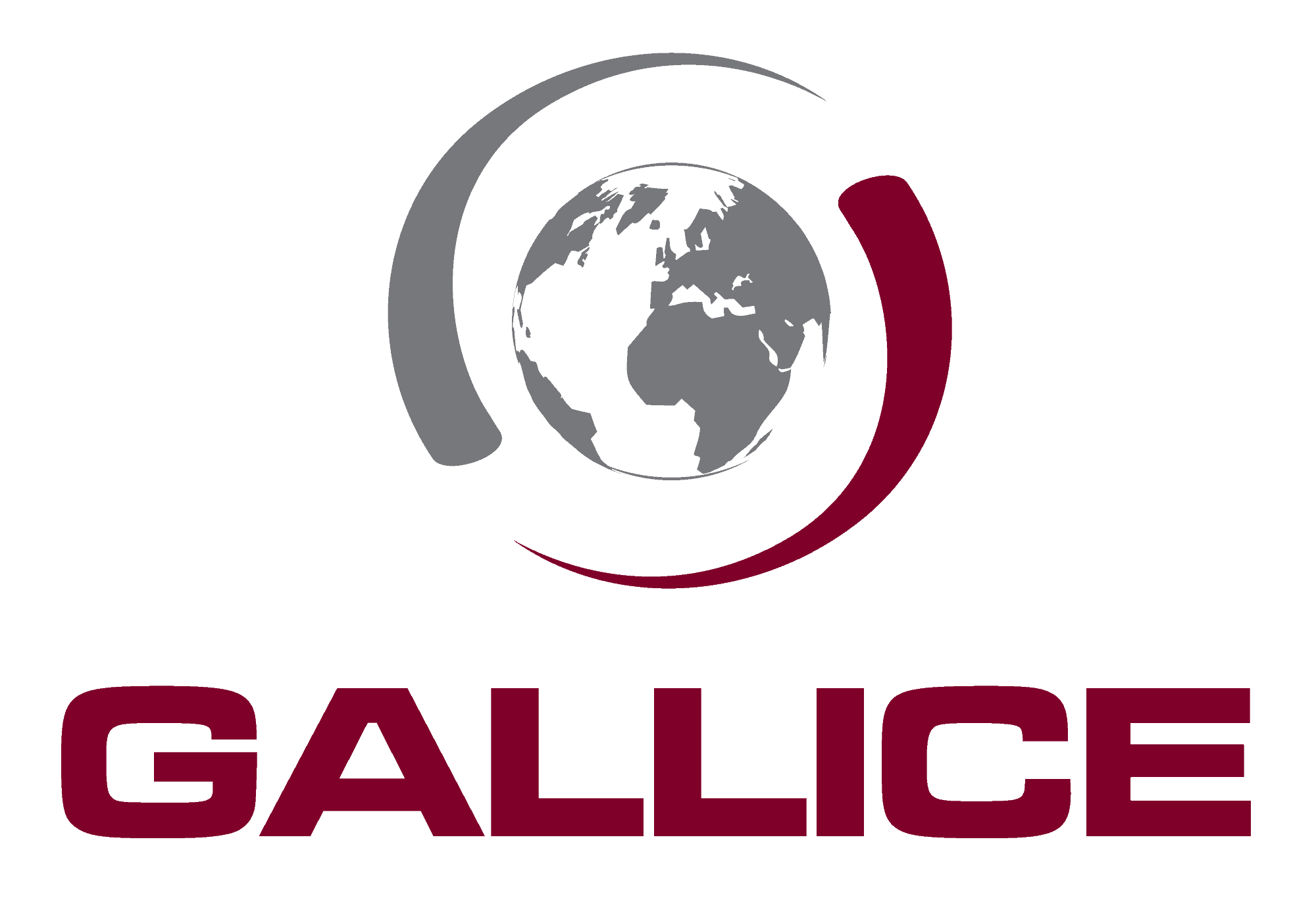NICARAGUA
In 2025, Nicaragua remains one of the most repressive regimes in Latin America. President Daniel Ortega and his wife, Vice President Rosario Murillo, maintain an iron grip on power following fraudulent elections and the dismantling of all institutional checks. Since the 2018 uprising, the country has seen widespread political persecution, mass arrests, and the exile or imprisonment of virtually all opposition figures.
Civil liberties are severely curtailed: independent media are banned or operate from exile, NGOs have been dissolved, and public protest is criminalised. Arbitrary detentions, torture, and confiscation of property continue to be reported. Hundreds of political prisoners remain incarcerated under harsh conditions, and international human rights organisations are barred from entry.
In 2024, the regime further intensified control by revoking citizenship for over 300 dissidents and critics, often exiled. This measure has sparked international condemnation but has not altered the regime’s stance.
Relations with the United States and the European Union remain strained, with continued sanctions targeting officials and entities close to Ortega. The government has deepened its ties with Russia, China, Cuba, and Iran—countries that provide economic and political support in exchange for loyalty on the international stage.
The country is marked by poverty, high unemployment, and migration. Hundreds of thousands of Nicaraguans have fled to neighbouring Costa Rica and the United States, often risking perilous journeys.
Ordinary crime, particularly in rural and border areas, remains a concern—though the regime uses a heavy security apparatus to enforce control in urban centres. Surveillance is omnipresent, especially for foreigners suspected of contact with dissident circles.
Travel to Nicaragua should be approached with extreme caution. Political conversations, photography of security forces or state buildings, and contact with opposition groups can result in detention or expulsion.
